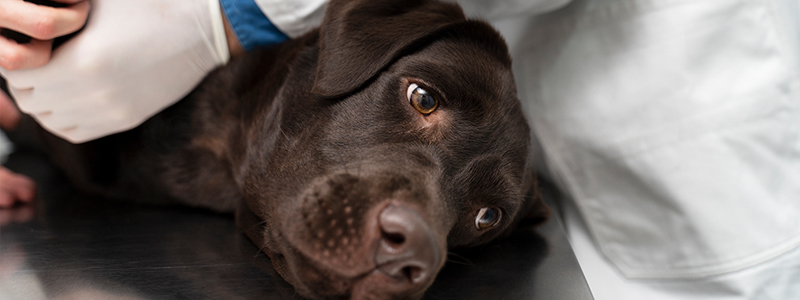BY: SAMANTHA BARTLETT, DVM
The canine infectious respiratory disease complex (CIRDC) outbreak of late last year appears to have subsided. The Oregon Department of Agriculture received over 200 case repots for CIRDC starting in August 2023. During the month of January of 2024, no new reports came in. Cases also spiked in Colorado, California, Florida, and New Hampshire. There were also reports from parts of Canada.
A professor at the University of Guelph Ontario Veterinary College and director of the Centre for Public Health and Zoonoses, Dr. Scott Weese, believes that the outbreak is most likely a commensal bacterium that has been overlooked. CIRDC is known to be caused by nine different bacteria and viruses and outbreaks are relatively common. The disease complex is rarely serious and often multiple organisms are involved. The outbreak last year was not typical for the disease. Many dogs had coughs lasting several weeks and secondary bacterial pneumonia that was not responsive to most antibiotics.
The source of this disease has not yet been found. Possibly because many of the samples were taken from ill dogs that had already been undergoing treatment. Speculation ranges from a new organism to a new variant of a known organism is causing the more serious disease. Currently there is no consensus within the veterinary community.
The New Hampshire Veterinary Diagnostic Laboratory (NHVDL) and Hubbard Center for Genome Studies at the University of New Hampshire have found a novel organism in several of the samples they have received from New Hampshire, Oregon, Connecticut, and Rhode Island. Researchers at NHVDL described the organism as a bacteria-like organism similar to Mycoplasma. Additionally, the described the organism as non-culturable. The organism was sequenced in 31 of 226 screened dogs. The director of the NHVDL acknowledges the findings are preliminary and no causal connection has been identified yet.
The NHVDL is continuing research and has received additional samples from various other states. They encourage veterinarians that are experience increased cases of respiratory disease to contact them and send samples to aid in the research. As of January 2024, no new reports have been released from the lab.






